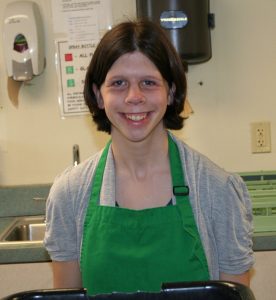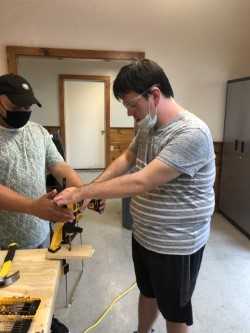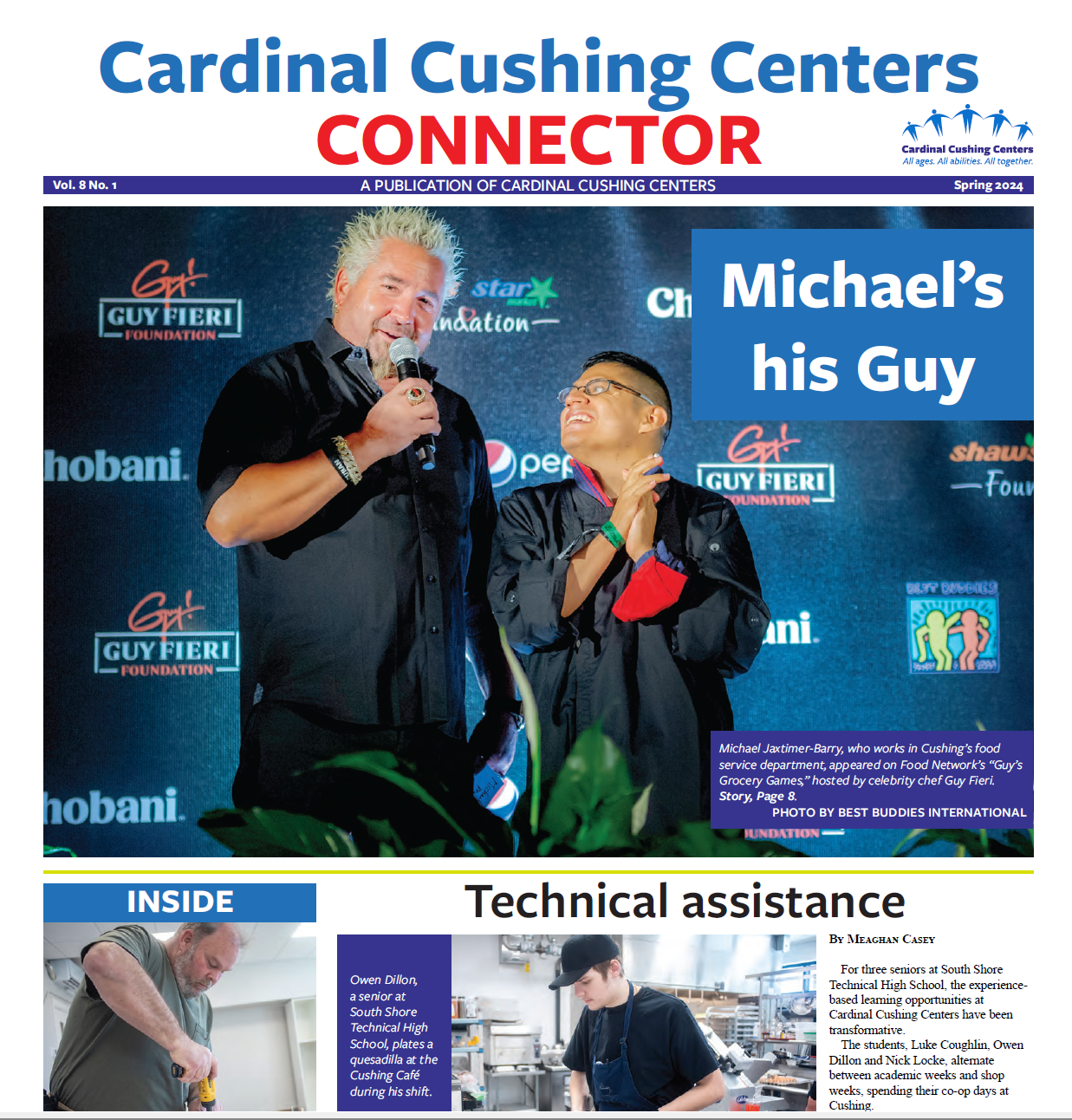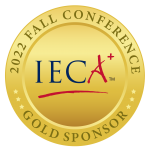Cushing Staffed Worksites
 The Retail Center is comprised of several career sites that are open to the public. The Center includes the Cushing Café, Recycling Center, Cushing Greenhouse, Unique Boutique, and Take 2. These sites operate as businesses as well as working classrooms.
The Retail Center is comprised of several career sites that are open to the public. The Center includes the Cushing Café, Recycling Center, Cushing Greenhouse, Unique Boutique, and Take 2. These sites operate as businesses as well as working classrooms.
Cushing Café is a popular spot for coffee, soda, pastries, soup, salads and sandwiches. Students wait on customers taking orders and serving. They use the cash register, take orders over the phone and make deliveries on campus. Students also learn to follow recipes, measure and mix the ingredients, and operate the mixer and the ovens. They keep the inventory and help order supplies as well.
Cushing Greenhouse students wait on customers and sell seasonal plants and flowers. They make quality craft items, candles, soap, candies and dried flower arrangements, which are sold in the shop. Students enjoy planting seeds and seedlings, watering, and taking care of the plants. Many students enjoy physical labor (e.g., preparing the garden, harvesting the crops, and being outside).
Unique Boutique is a site in which student art is made, displayed and sold. The site is split into two major areas: the store and the work area. In the store, the students learn to work in a retail site: they assist customers, use the cash register, stock shelves, price items, clean and keep inventory. In the work area, students attend daily classes to learn how to make various types of functional art: pottery, painting furniture, art work, silk screening, weaving, jewelry making and various other projects. The site also has a working kiln in order to fire any ceramic items made by the students.
Take 2 accepts donations, and students help with sorting merchandise, hanging clothes, and placing them on the correct rack. They stock and clean shelves, arrange books and displays, and assist customers when asked. There are routine maintenance tasks to complete.
The Recycling Center is where students learn to recycle cans, bottles and paper. Students wait on customers, count returns, and calculate the amount due. They operate the cash register, practicing their money skills in a real-life situation. When not attending to customers, students sort containers by size, brand, and distributor and perform routine cleaning tasks. They may be asked to help load or unload trucks and make deliveries.
COMMUNITY-BASED TRAINING PROGRAMS
The Culinary Arts program assists the Food Service Department in preparing and serving meals to staff and students. Some of the jobs include: cleaning and setting up dining rooms, making salads and preparing sandwiches, cooking hot meals, making desserts, portioning and serving meals, bussing trays, and completing all dish room tasks according to sanitary guidelines. Twice each week, Culinary Arts operates the Iron Kettle Inn, a restaurant open to the public. Students set the dining rooms and wait on tables, practicing their social skills as they interact with their customers.
 The Woodworking and Industrial Arts program, part of our vocational offerings, allows students the opportunity to work with wood and other raw materials. In addition to learning basic repair skills, program participants are able to create items for their own enjoyment as well as for sale in Cushing’s gift shop, the Unique Boutique. The Industrial Arts curriculum provides opportunities for enrichment in all areas- academic, social/emotional, and physical.
The Woodworking and Industrial Arts program, part of our vocational offerings, allows students the opportunity to work with wood and other raw materials. In addition to learning basic repair skills, program participants are able to create items for their own enjoyment as well as for sale in Cushing’s gift shop, the Unique Boutique. The Industrial Arts curriculum provides opportunities for enrichment in all areas- academic, social/emotional, and physical.
Some of the benefits of this program include:
- Opportunity for “real life” application of functional math skills such as measuring and adding
- The sense of accomplishment from completing a project, which increases feelings of self-confidence and self-worth
- Application of communication and social skills when working on a group project or with a peer
- It is a natural environment to receive specialized services such as speech and language, occupational therapy and physical therapy. For example, occupational therapists can help to build student skills through tool use. There are also many therapeutic benefits to the sensory input and repetitive motion required to complete these tasks.
- Basic tool use can allow students more independence in their homes and has the potential to lead to opportunities for employment.
- The opportunity for shared experiences with neuro-typical friends and family members- most of us remember our “shop” classes.
- The Industrial Arts classroom will be open to students of all abilities. Everyone can take part of a project at their own pace and level.



